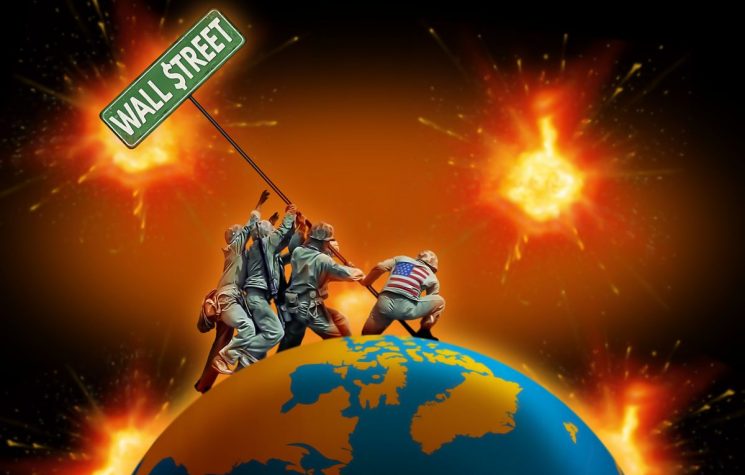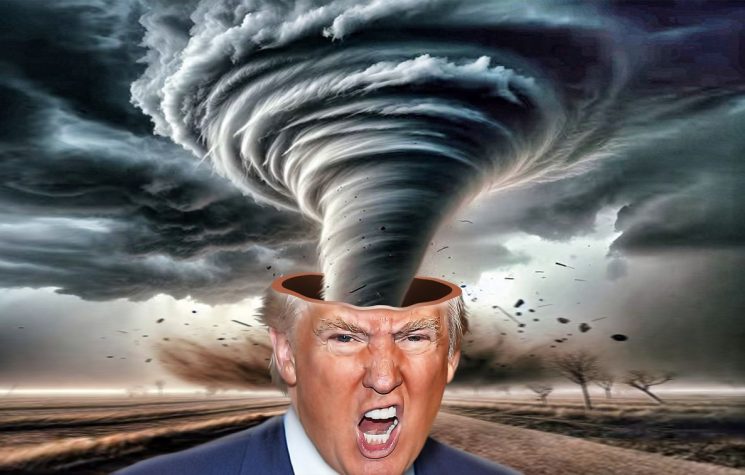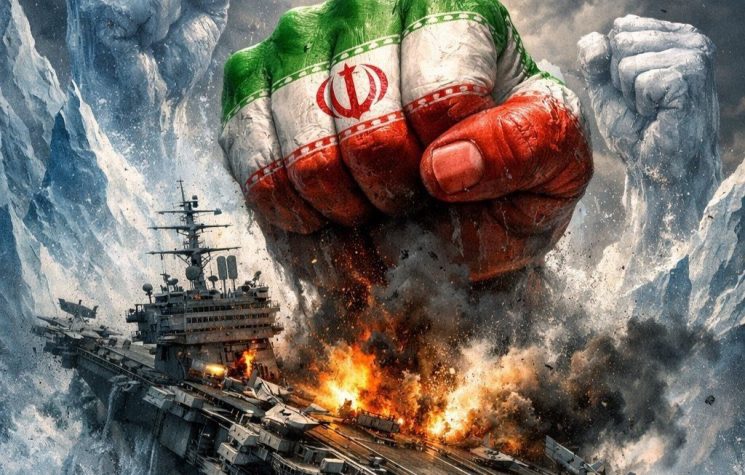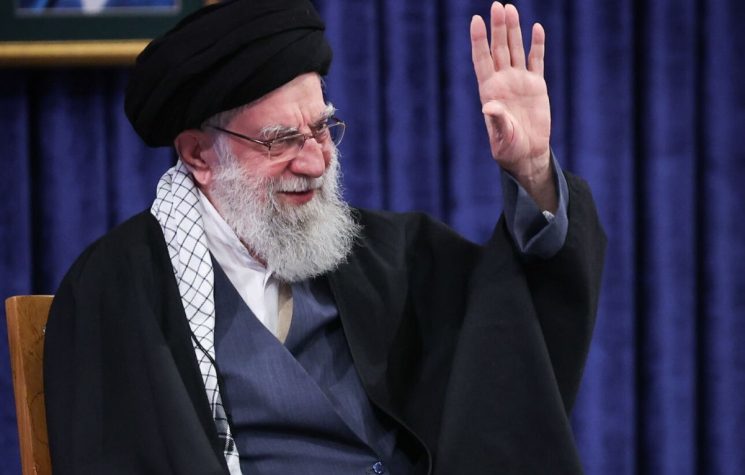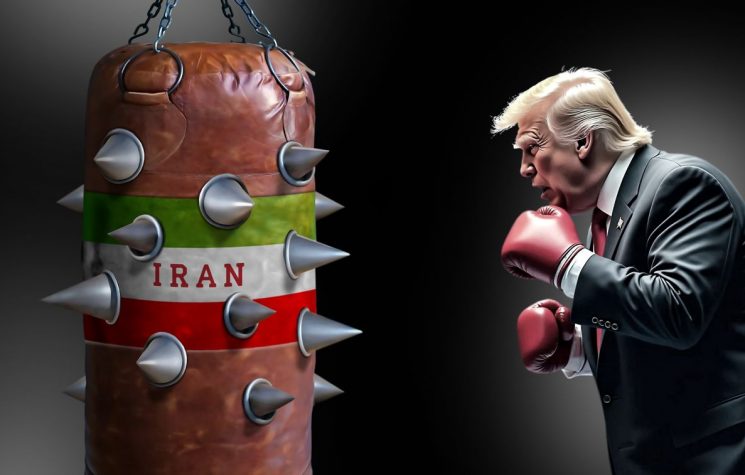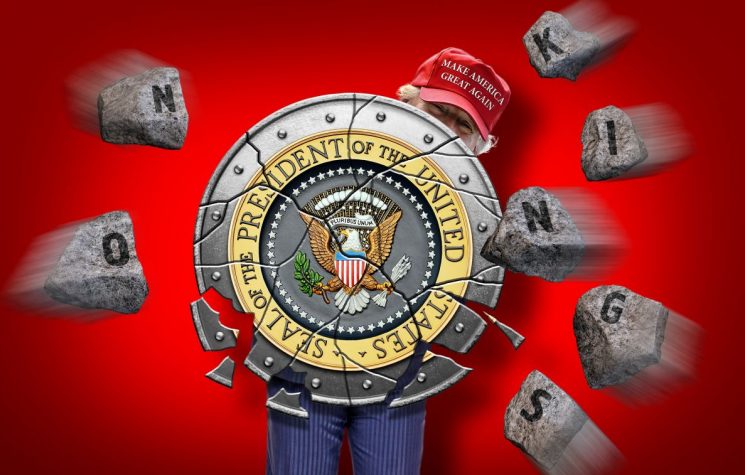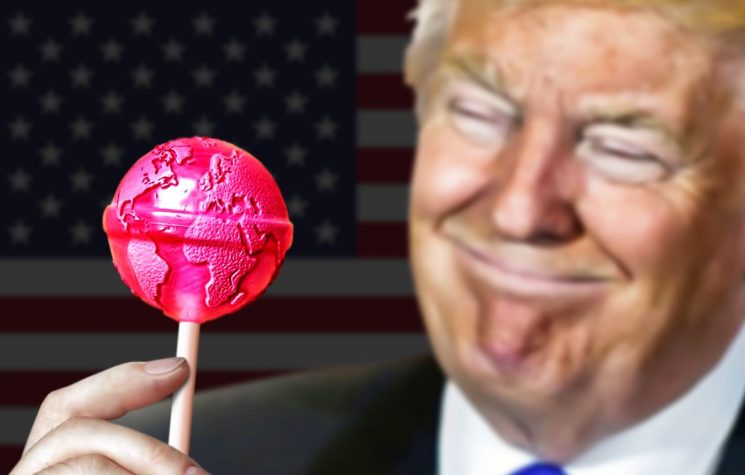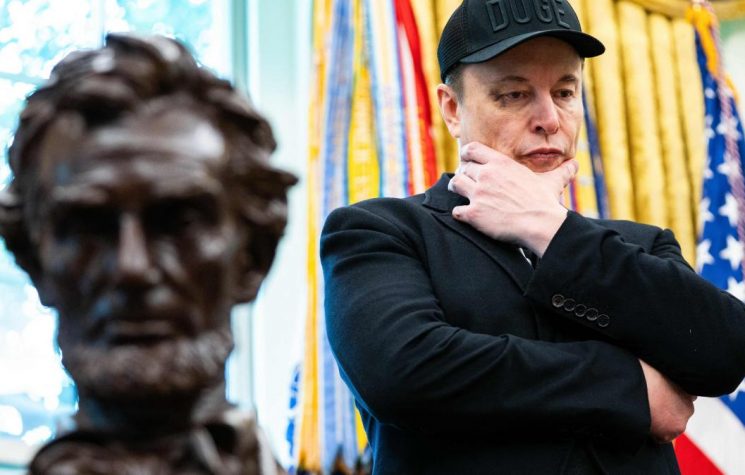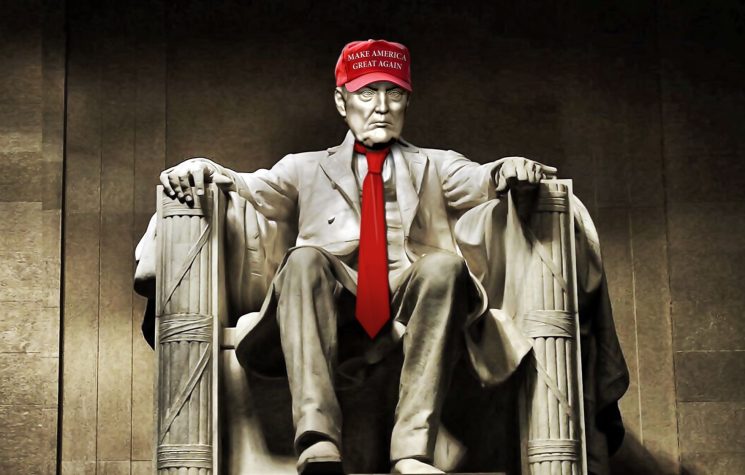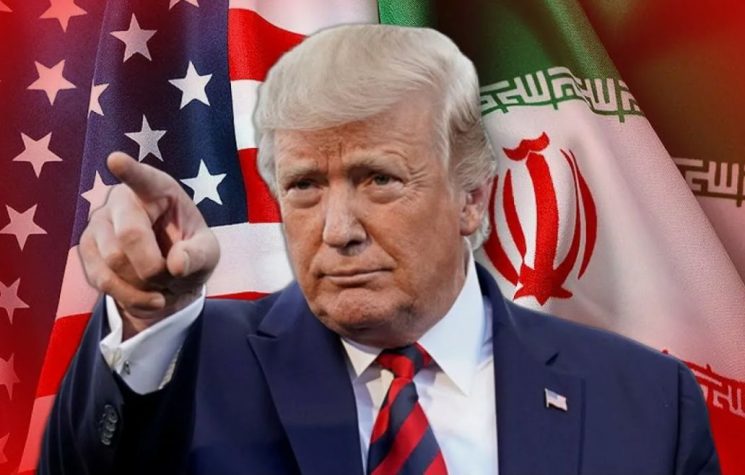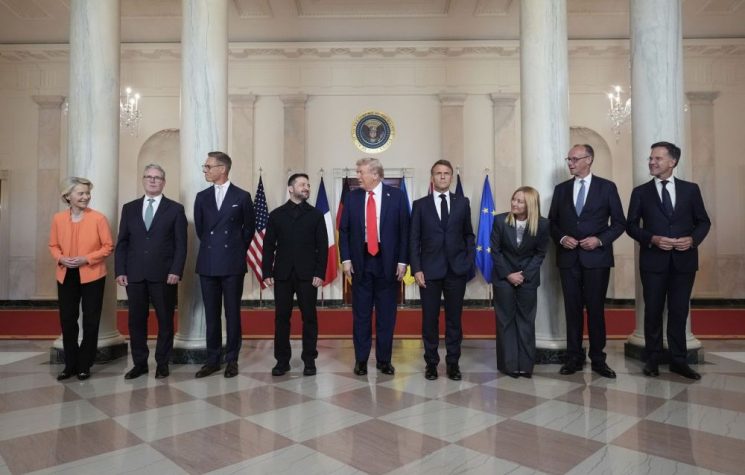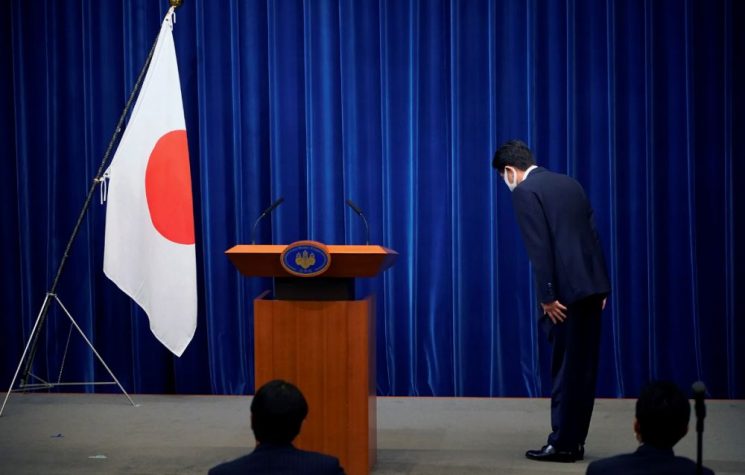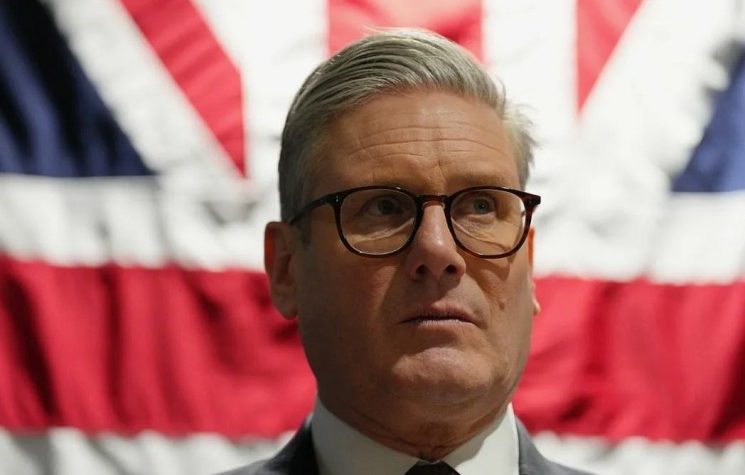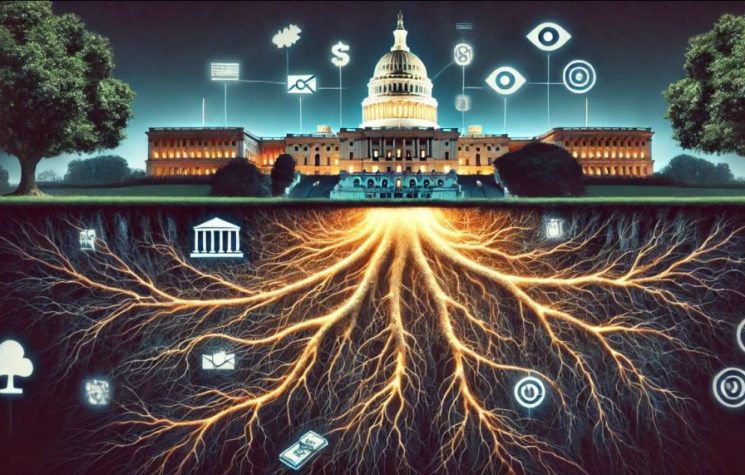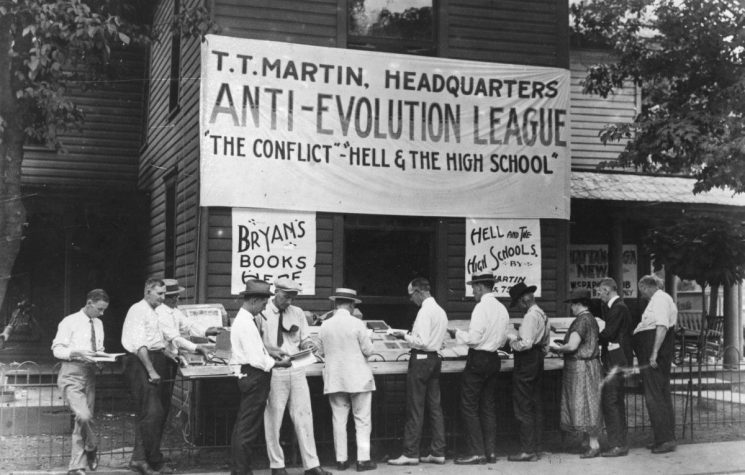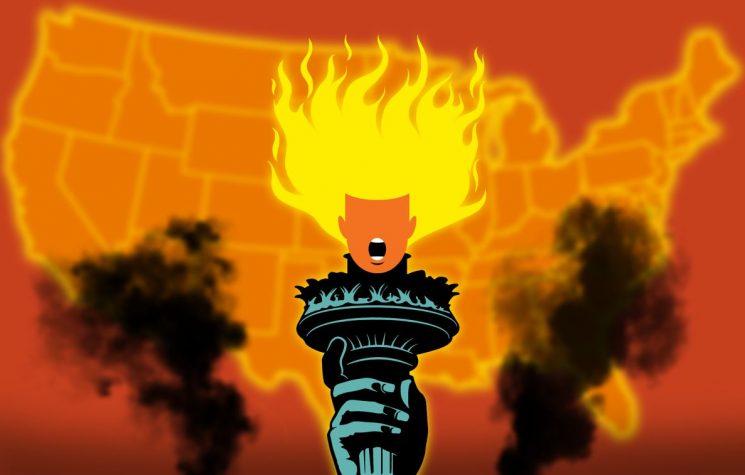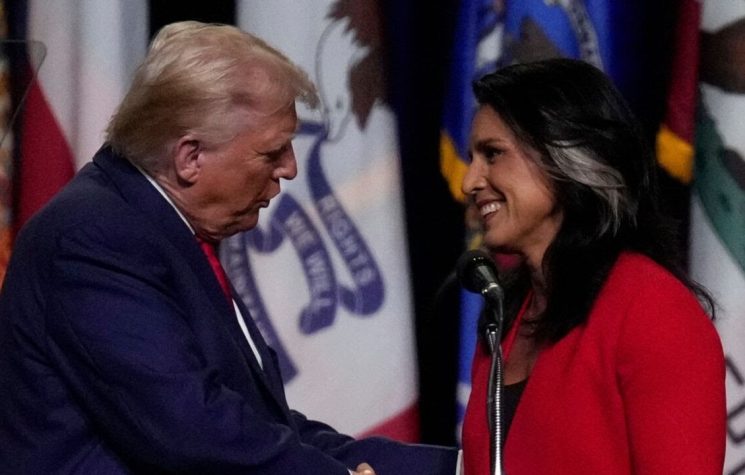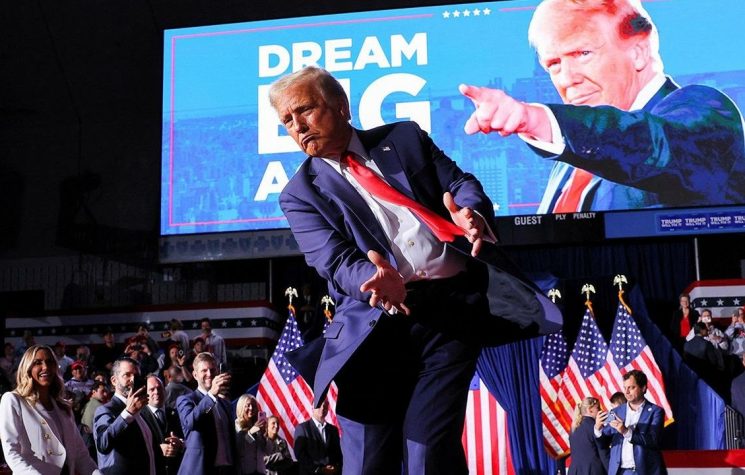The American president-elect promised things on the campaign trail and is now preparing to implement contrary ones.
Contact us: info@strategic-culture.su
Apparently, in 2024, the obvious things are still making news. Like, for example, the fact that the American president-elect promised things on the campaign trail and is now preparing to implement contrary ones.
Apparently, the average citizen does not understand, or does not want to understand, that American democracy (and beyond) is a giant joke. And, still apparently, the great change is still far from coming.
All according to plan
The problem is not the presidential candidates; the problem is the American system itself. We have written this before and it bears repeating by summarizing:
- the crisis of the so-called “rules-based order” by which the U.S. has established its hegemony for nearly a century is a delicate and difficult crisis to resolve, but it will inevitably lead to a conclusion.
- Republican or Democrat, the American ruling class is made up of Zionists, with a messianic frenzy and an unstoppable urge for destruction, control and extermination.
- The American economy is based on the most extreme neoliberalism, and to keep itself alive it needs to generate crises and wars everywhere, otherwise it collapses inexorably.
- The epochal battle of Sea Power versus the Heartland does not change based on the first and last name of the politician who sits in the Oval Office, it can only change with a noological (= of model of civilization, of the spirit of that people) change, which can only happen from within the American people, not from outside.
Trump or Harris, the problem of the United States remains the same: the United States itself, its conformation, the basis with which it was born. This is the problem of the United States. To change the situation in America, America needs to change and stop being what it has been so far. It needs a radical change from within.
This change has to do with American identity, history, traditions, cultures and the necessary deep and radical reflection on how and why the United States of America came into being. Without this collective therapeutic phase, there is no escape. Clearly, such a process is difficult, because the existential and anthropological dimensions have been butchered to the core, culture has been replaced by cheap, take-away consumer products, and values have become a vintage element of a past that is not even that fascinating because it is tiring and boring. Yet, we have to start over somewhere.
Not a reversal of classical geopolitics, but its fulfillment through a geographical and noological variation in History.
Is Trump ready to change? More importantly, does he want to change?
Trump’s victory shapes up in multiple respects as yet another bluff in the poker game titled “American Elections.” Or is it?
The neocon front this time had no hiccups. An easy victory, with no twists, no attacks, no deaths, no messianic resurrections, no revolutions or civil wars, nothing cinematically engaging. Almost sorry that the proceedings went smoothly. Q’s (few) veterans have been waiting years for their blond-haired tufted Christ to save the world from communism, but every four years they have to postpone the appointment.
Between a friendly conversation with Joe Biden in which they talked about a “smooth transition to the White House” and a few posts on X, the favorite platform of all Western politics, the Tycoon stunned the whole world by doing the thing politicians do best: doing the exact opposite of what they promised during the election campaign. How? By promoting the most Zionist government team in recent American history.
In the star-studded pole position, we have only the best: Brian Hook, Mike Waltz, Lee Zeldin, Marco Rubio, Kristi Noem, Richard Grenell, Elise Stefanik, Tulsi Gabbard, and of course J. D. Vence. All iron-clad Zionists, loyalists to the Third Temple project, of which Trump has been the great promoter since before his first presidential term.
What change were we talking about?
Trump has made numerous proclamations on the campaign trail, centered on stabilizing U.S. foreign relations, touching on the hot topics of the Middle East, Ukraine and China, but also bioethical issues particularly regarding the battles of the LGBT movements and, of course, the immigration issue and the tax issue. Too bad that none of the elected candidates are interested in fulfilling their election promises.
Let’s start with Marco “Mark” Rubio: Cuban-born, Zionist, he will be Secretary of State. He is an unbridled supporter of the destruction of Palestine and Greater Israel, but has been an opponent of direct U.S. engagement in the war in Ukraine, preferring the sacrifice of Europe’s geographically closer and cheaper serfs. He is, on the other hand, a great enemy of China, so much so that his September 2024 report, entitled The World China Made, is the best and most comprehensive reading of China’s achievements in high-tech industry and global trade that has been published by any branch of the U.S. government in many years. Utopians like Mike Pompeo, who believed (and perhaps still believe) that regime change in China is just around the corner, did not get an offer from President-elect Trump. Sen. Rubio has a solid understanding of China’s economic power. He is a realist who has done his homework. And that is the right starting point for U.S. policy toward China. Some commentators speculate that a hawk like Rubio has the credibility to strike a deal with China. Certainly, as his report shows, he is in possession of a great deal of intelligence information and is ready to confront the “red enemy.”
Richard Grenell is a former U.S. ambassador to Germany, a key country for U.S. control in Europe since 1945: by destroying Germany culturally and politically, by first subjugating its industrial fabric and then its currency, the Americans ensured the backlash in their favor. Grenell knows the colony Europe well enough to know that the war in Ukraine is comfortable up to a point, so it suits the U.S. to pull out of it, leaving the Europeans to solve the problem. In 2019, when he was serving as a diplomat, he threatened European companies for participating in the Nord Stream 2 project, a fact that cost him expulsion as persona non grata from Germany. Soon after, he won the consolation prize entitled “National Intelligence Directorate of the United States of America.” And, coincidentally, as a longtime Republican he is also anti-Chinese.
The latter post is now held by Tulsi Gabbard, a native of Samoa who entered politics as a Dem but a critic of Joe Biden and director of America’s 17 intelligence agencies. A career military, abortionist, exemplary ethnic and cultural mix of popular America, promoter of “gender correct” reform of the Armed Forces, sworn enemy of the Axis of Resistance, voted to impeach Trump in 2019 and was accused by Hillary Clinton of colluding with Russia. She will continue as head of U.S. intelligence, in an administrative continuity that represents a careful partitioning of the balance of power within the new presidential cabinet.
Then there’s Michael Waltz, who enters as national security adviser for his second administration. With 26 years of service in Special Forces with Middle East and Africa missions and then in the Pentagon, he was one of the initiators of actions against the Axis Resistance and a staunch supporter of U.S. intervention in Israel.
Along the same lines is Biran Hook, a little-known but decidedly important figure in the Zionist political equation. Career-trained at the State Department, a political disciple of Mike Pompeo, he is U.S. special representative to Iran, in the first Trump administration was director of policy planning and was the finest advocate of the Abrahamic Accords, coordinating Israel and UAE intelligence against Iran.
He will get along well with Lee Zeldin, grandson of Reform rabbis and married into a Mormon family, who before being an environmentalist at the EPA was a senior military intelligence officer in Iraq, one of the first to rejoice at the bombing of Iranian General Qassem Soleimani in 2020 under the Trump administration. He will be minister of the environment.
Let’s not forget Pete Hegseth – a man we will hear a lot about – hawk of Iran, appointed to head the Pentagon. An interesting career, as he has been a Fox News anchor and a war veteran. A master of infowarfare, although he is criticized in America for his “insufficient” military career. To be a minister of defense, on the other hand, does not
To the Central Intelligence Agency will go John Ratcliffe, another fierce Zionist, right-wing Tea Party man, already the nation’s director of intelligence in the 2020-2021 biennium, the one of transition between Trump and Biden. He will be the first person to serve simultaneously as CIA director and director of national intelligence. He is known to have been the proponent of the Russian interference theory in the 2016 election, an advocate of sanctions in the Middle East and a major opponent of China. Imagine what he will do at the CIA. Little power in the hands of one man.
There is no shortage of “pink quotas” either. The first notable is Kristi Noem, governor of Dakota, who will be Secretary of Homeland Security, known as “the most powerful intern on Capital Hill,” who has already promised to toughen laws against anti-Semitism.
She is joined by Elise Stefanik, who will be a representative to the UN. A seemingly unprepared woman, a member of the New York House of Representatives who manages many votes in the Catholic world. An interesting note actually appears on her resume: she was personal assistant to Zionist Joshua Bolten, one of America’s most powerful men, first a CIA agent, then White House Chief of Staff, then executive director of Goldam Sachs in London.
Let’s add two big-name figures: the first is Vivek Ramaswamy, the Indian-born entrepreneur and politician operating in the pharmaceutical industry and a member of Yale’s Zionist think tank Shabtai, the university’s most exclusive Jewish club. Ramaswamy is a true “master” of the pharmaceutical world, a real contradiction to the heralded battles against Big Pharma. The other prominent name is Elon Musk, but we will devote another article to him.
It is not yet clear who will go to the Treasury. Candidates include Robert Lighthizer, Trump’s man, coder of the trade war against China, a true expert on global markets; Howard Lutnick, successful Zionist billionaire, Trump’s campaign fundraiser; Linda McMahon, neocon Catholic, director of WWF (World Wrestling Federation) and former director of the Enterprise Agency; and Scott Bessent, a Zionist who grew up in Soros Fund Management and now holds a seat on the board of Rockfeller.
So, nothing new. A Zionist entourage, like all the previous ones, to continue the same plan. Make America Great Again, was that not the motto? Seems more a plan to rebuild the glory of Israel.
Implications of the new U.S. government for the international context
Let us now look at the situation in the international framework.
The United States of America will have a Republican administration with a Zionist and anti-Chinese majority. Nothing new under the sun. The main challenge Trump will face concerns the national interest. The US needs to regain its identity and reassert itself as a global power while protecting its hegemony. The “government of the fittest” was elected perhaps for this. The international interests linked to the permanent success of the U.S. are too numerous and financially binding. The rules-based international order must be restored or at least maintained in part. The U.S. domestic social crisis needs to be resolved, and historically nothing is better for Americans than a war, one that is media-engaging, ideologically stimulating, and puts a lot of fuel into federal industry.
For Trump’s government, the three main fronts of interest – Ukraine, the Middle East and Palestine – may be worth the electoral risk.
The war in Ukraine is delegable to Europe, which has already been prepared for it since well before the start of Special Military Operation. Ukraine’s entry into NATO is not essential, because it is not strategically convenient: why have to involve European countries with Art. 5 of the Treaty, when they are already involved by virtue of actual subservience, which is military, economic and political? One can proceed with the conflict in an alternative way. The European countries, in any case, will not allow themselves to be harmed to the point of self-destruction, so they will respond sooner or later, whatever it takes. The present ruling classes have been trained for precisely this mass war suicide. Whether it is a hybridly maintained low-intensity conflict or a return to conventional warfare with frontiers and trenches, direct engagement for the U.S. is neither tactically necessary nor strategically expedient. Russia is ready for this scenario and is preparing its forces consistently.
The conflict between Israel and Palestine is, once again, an eschatological issue. For American neocons it’s a matter of life and death, indeed of “eternal life.” The messianism inherent in the American world, which precisely traces the Jewish Zionist one, is the same one that gave birth to Israel as a state by occupying Palestine. The struggle for the Third Temple is too important a project for American elites. Global domination comes through the conquest and maintenance of these subtle orders of power, with which American culture is imbued on all levels. The U.S. is ready to intervene massively and has a great interest in doing so, because Israel’s nuclear power and its weapons production capacity is hardly comparable to other states in the world. The destruction of Israel and the return of free Palestine, from the river banks to the sea, is not contemplated in the U.S. futurology.
China is a different matter altogether. The US on those front plays perhaps the last glimmer of international credibility to its partners. Counterbalancing the economic – and political – power of the People’s Republic of China is critical to the survival of the U.S. productive and commercial fabric. The neoliberal system envisions a never-ending battle of the markets to the death, which is why a Pax Mercatorum cannot be accepted even theoretically. China threatens control of the Pacific and American aerospace control. Neither option is acceptable to American military doctrine. It’s not essential to know that the war will be won; what matters to the U.S. is to launch the war, then what comes next will be a matter of bluffing the poker hand. Too bad that the Chinese, as well as the Russians, are used to quite different, more strategic, thoughtful and articulate board games. Of the shouts of some drunk Yankee in a cowboy hat throwing cards on the table, they really don’t care.
Trying to contemplate a positive scenario, one must recognize that the dawn of the new American Heartland probably comes through this “new phase of old things.” There are some European and Eastern analysts and experts who are cheering Trump’s victory, claiming that it would be a victory against globalism and the power of elites. While some political communication within infowarfare strategy, such as from Russia to the American and European worlds, is understandable and legitimate, it is equally true that such claims of jubilation are not supported by evidence. On the contrary, the scenario that lies ahead with the government team is anything but “anti-globalist.” We are looking at a qualified selection of experienced, trained globalists ready to act in the name of the “free world.” They are simply not Democrats but Republicans; that’s perhaps the only difference.
Ideological revolution is a far cry from Trump’s plans. In fairness and honesty, we leave ourselves time and space to see what Lady USA’s new government will do, but one thing is certain: Make America Great Again is not a motto that will be able to be implemented as it has been in the past. America can make America great again by carrying out that inner revolution that will one day lead it to confront the other poles of the multipolar world with respect and seriousness. Otherwise, the fate of this empire will be that of every empire in History: the decline.










